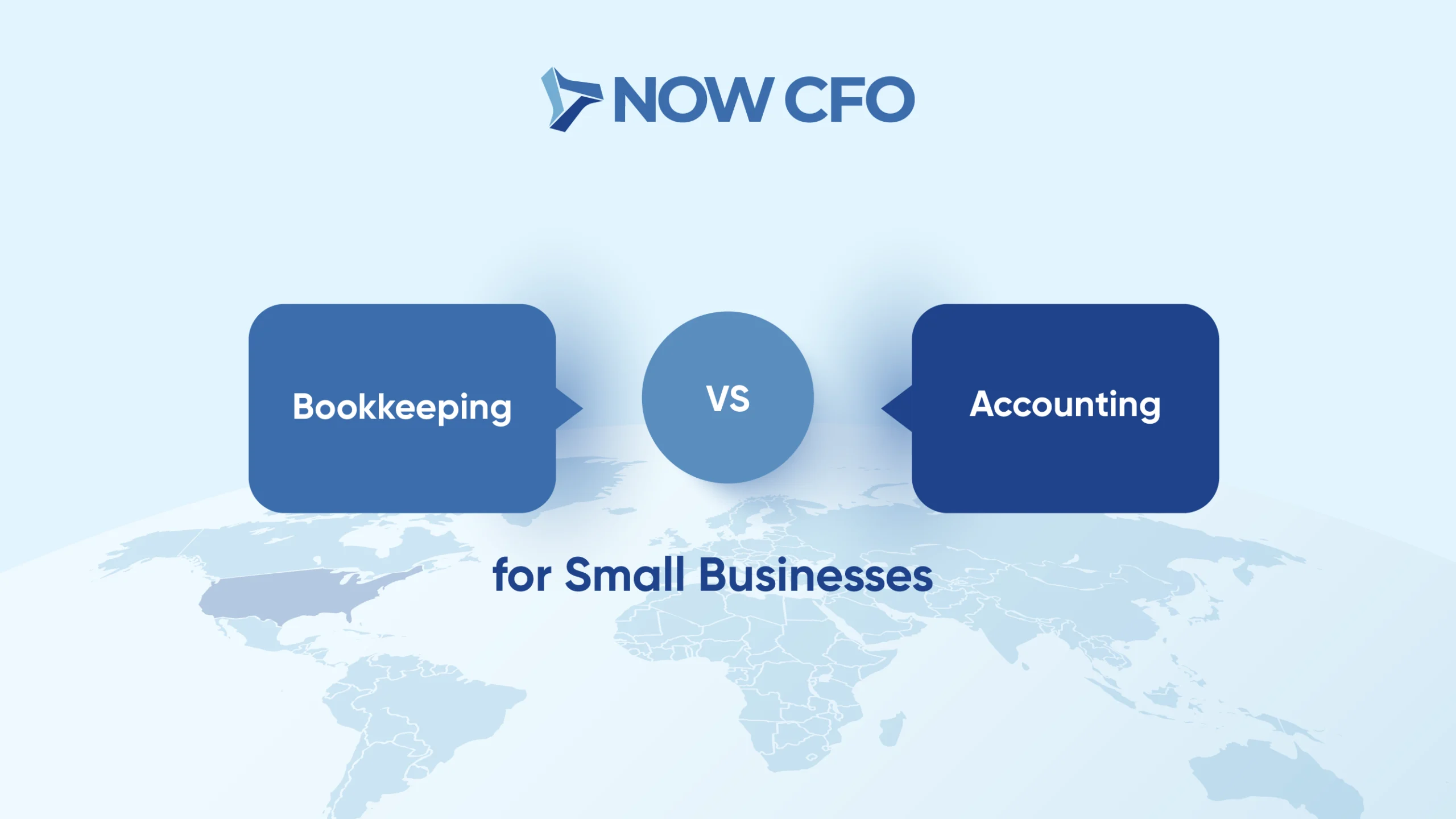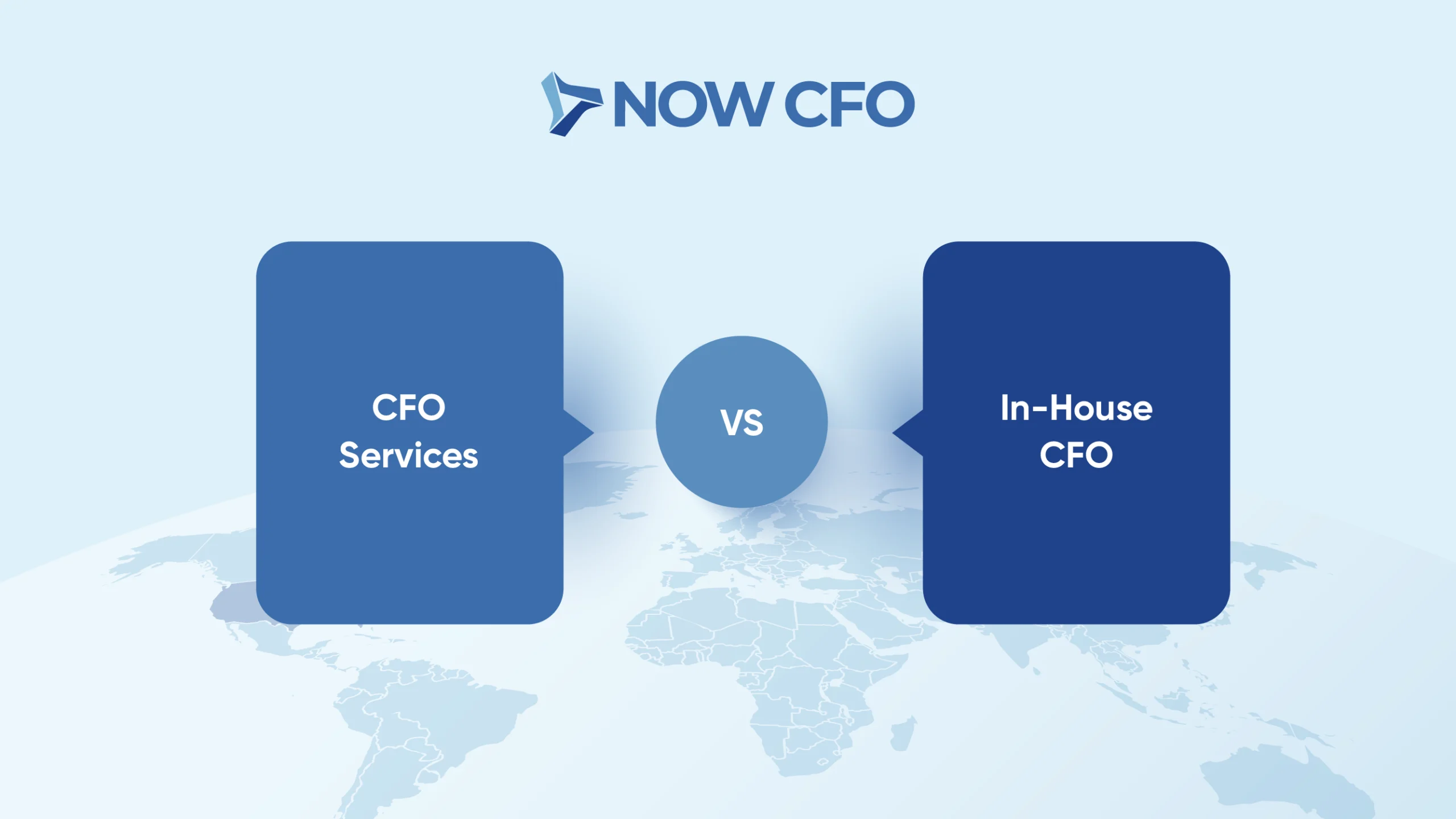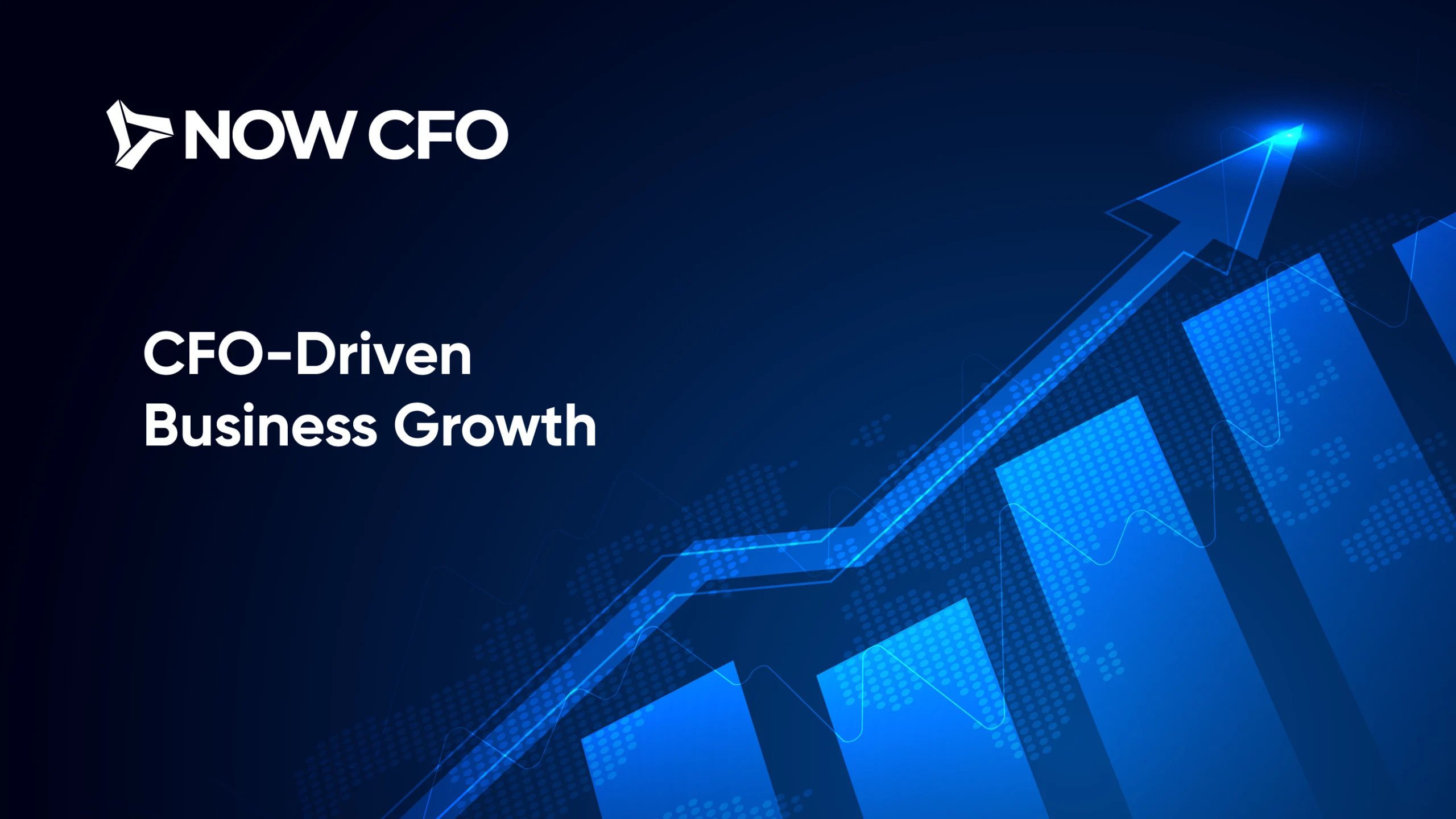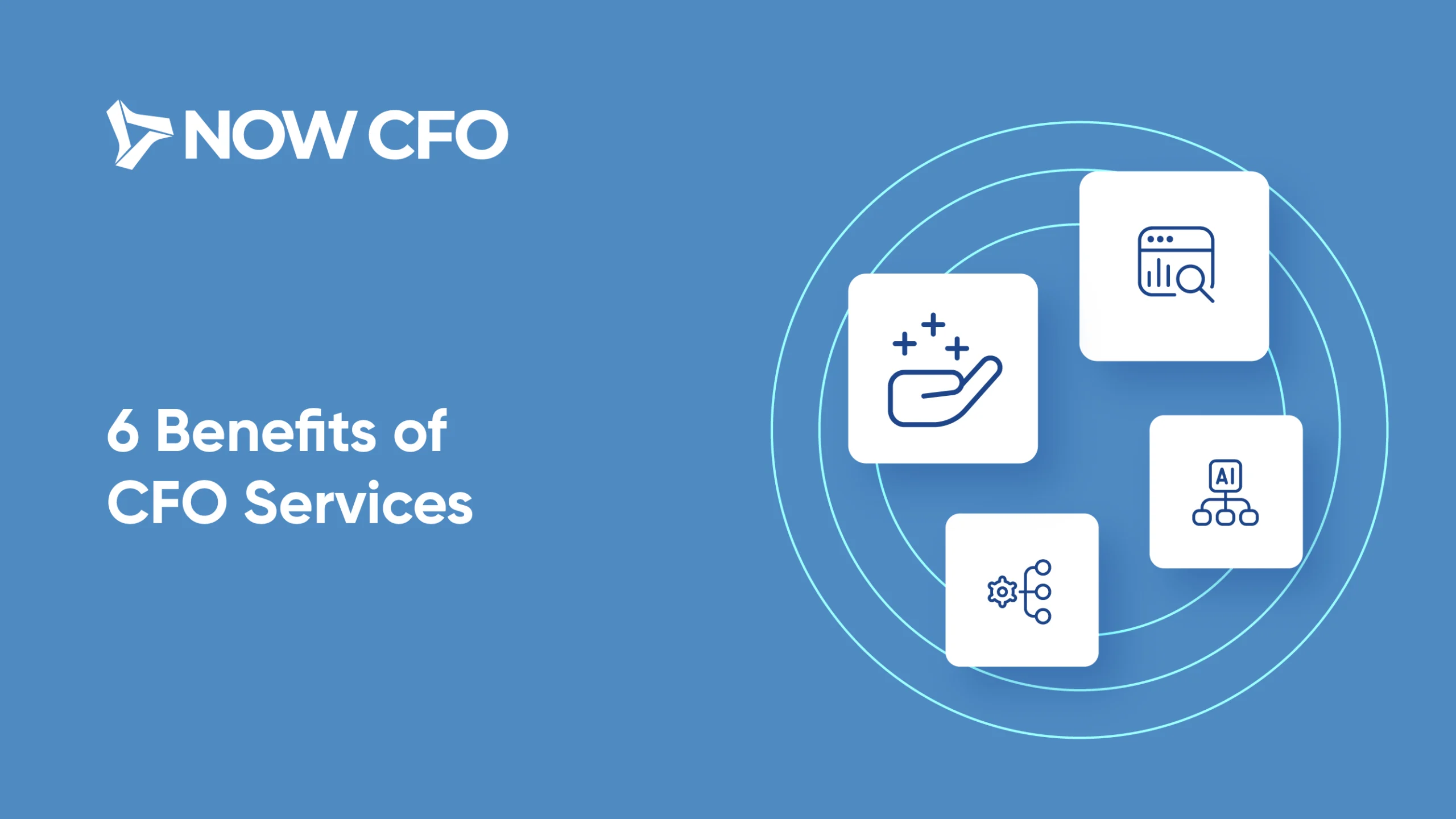
Competitive businesses understand that financial clarity isn’t just about balancing the books, but also about enabling smart, scalable growth. The benefits of CFO services go far beyond traditional accounting by offering expert guidance on cash flow, risk, funding, and strategic forecasting.
With markets becoming increasingly unstable and decision-making cycles faster than ever, having the right financial partner is crucial. CFO services offer executive-level insight tailored to a company’s stage, industry, and goals.
CFOs Retire Above the Average Age
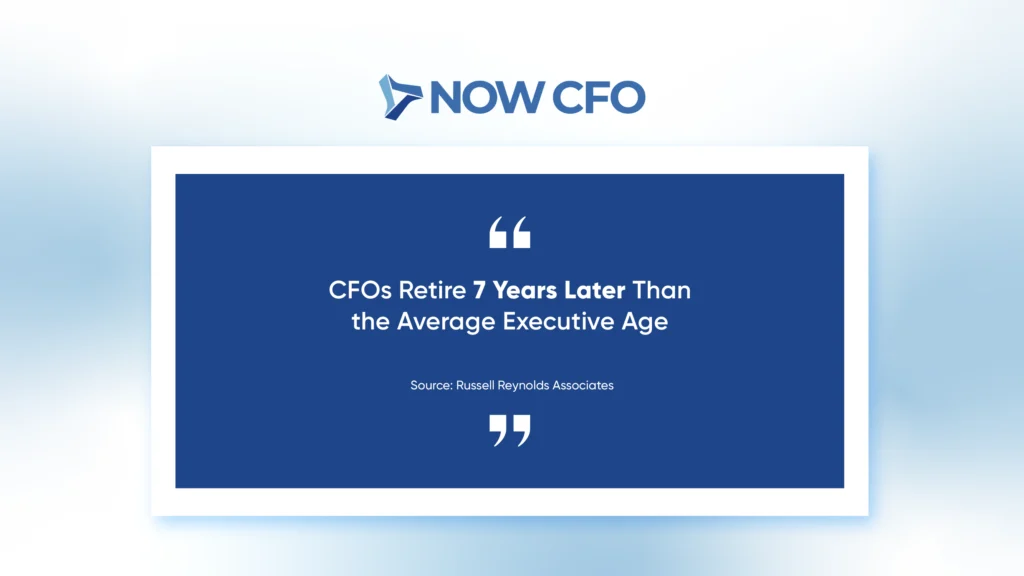
56 percent of CFOs who leave their roles either retire or move into board positions, the highest rate recorded in the past 7 years. This trend highlights how much companies value their CFOs’ experience and continue to rely on their strategic guidance.
A CFO provides this same depth of leadership daily. Unlike external advisors, a full-time CFO is deeply embedded in the company’s operations, aligning strategy, risk management, and financial planning with long-term goals.
Source: Russell Reynolds Associates
Strong Internal Succession Builds Financial Continuity
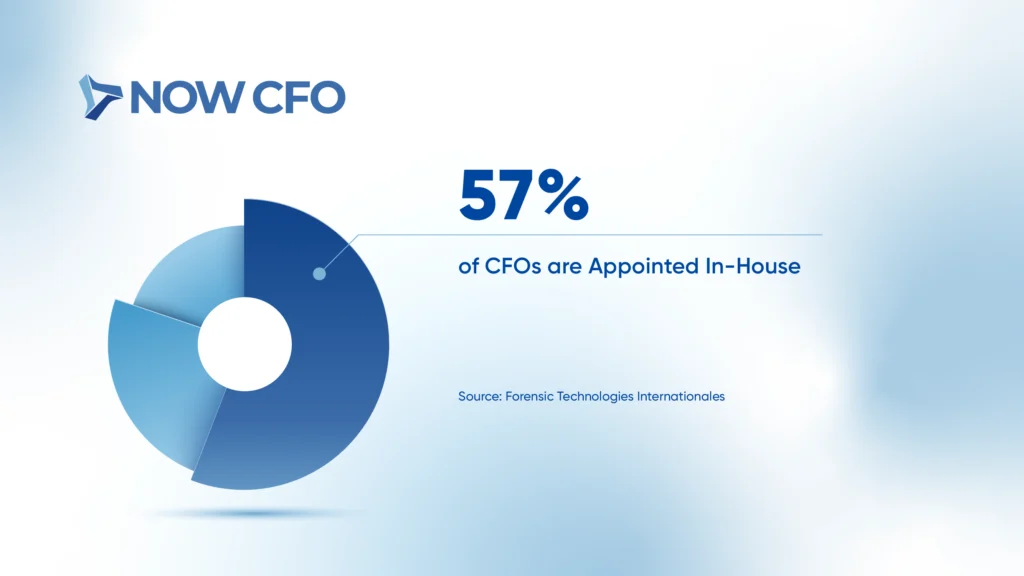
57% of global incoming CFOs were appointed internally. This trend shows that organizations with financial leaders are better positioned for smooth succession, ensuring continuity and stability at the executive level.
A CFO strengthens the leadership pipeline for tomorrow. By grooming internal talent, companies reduce disruption, preserve institutional knowledge, and maintain consistent financial oversight.
Source: Russell Reynolds Associates
Beyond Finance: CFOs as Enterprise-Wide Strategists
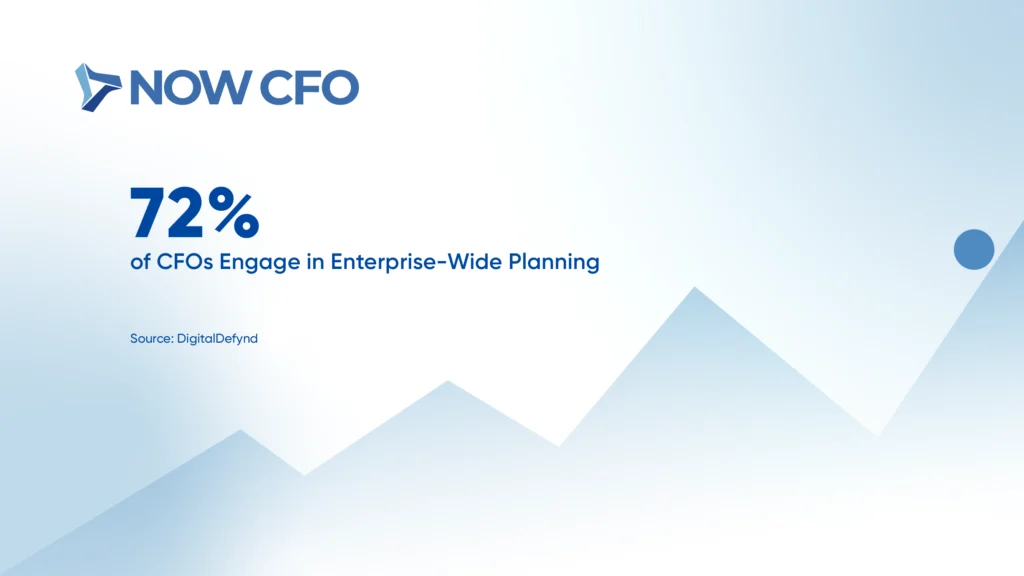
CFOs today do much more than manage finances. In fact, 72% of them now lead strategic planning across the entire organization, not just within the finance department.
Moreover, CFO play a hands-on role in shaping business direction and driving execution. By embedding financial discipline into daily decisions, CFOs help companies stay focused and aligned with long-term objectives.
Source: DigitalDefynd
Using AI and Analytics for Smarter Decisions
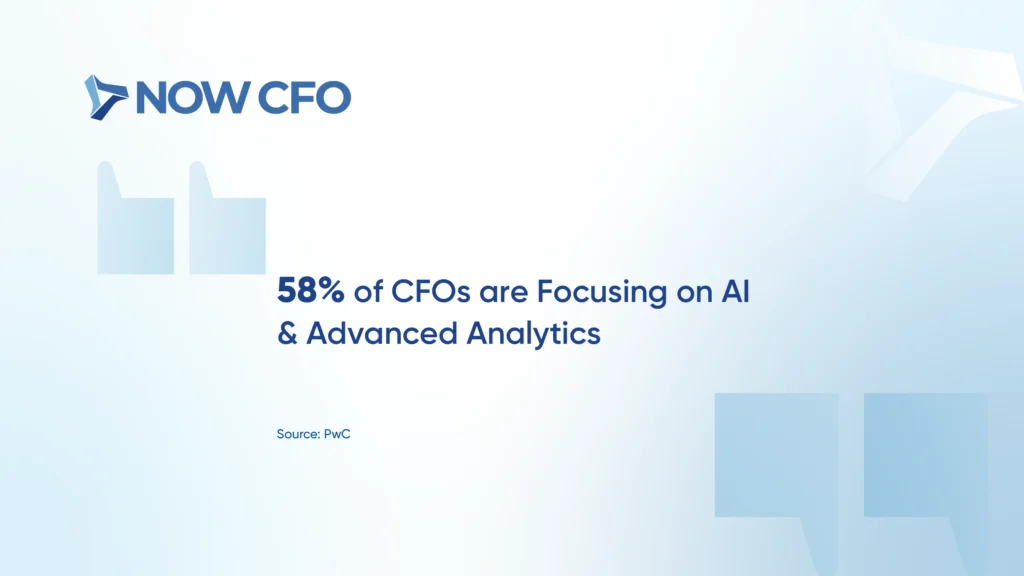
CFOs are increasingly becoming technology leaders, not just financial stewards. 58% of CFOs invest in AI and advanced analytics to adjust planning in today’s volatile environment.
CFOs ensure that these technology investments align directly with the company’s strategy. Embedding AI-driven analytics into financial planning enables more agile responses to shifting market conditions, regulatory pressures, and evolving customer demands.
Source: PwC
Technology as a Cost-Reduction Priority
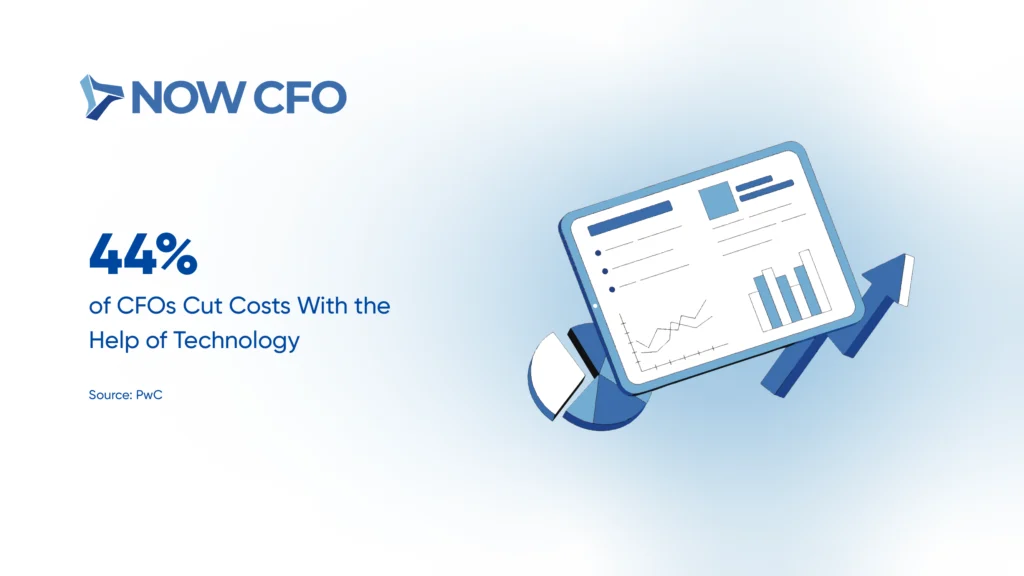
CFOs are placing technology at the core of their cost management strategies. In fact, 44% of CFOs identified expanding technology use to cut costs as a top funding priority for the next 12 months.
As financial leaders, CFOs guide these technology investments to ensure they align with the company’s broader financial goals. By balancing cost reduction with strategic reinvestment, CFOs drive long-term value and position the organization for sustainable growth.
Source: PwC
Capital Allocation Transparency
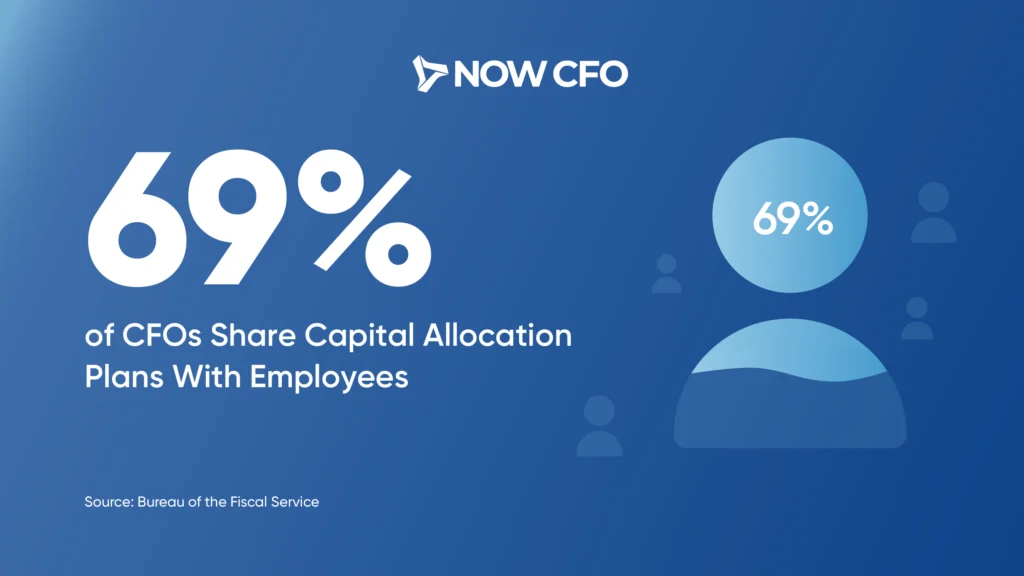
CFOs communicate clearly about capital allocation, enabling employees to understand how the company utilizes its resources. They share these plans to align strategic goals with daily operations, helping teams connect their work to the broader financial picture.
This open communication builds trust and increases engagement across the organization. When employees understand the reasons behind capital decisions, they can actively support key initiatives and contribute to stronger performance and long-term growth.
Source: EY
Conclusion
Ultimately, the benefits of CFO services are grounded not just in numbers but in strategic impact. A visionary CFO brings clarity, financial rigor, and disciplined innovation, all tailored to your business growth.
Ready to amplify your financial horsepower? Explore NOW CFO’s flexible engagement models and schedule a free strategy session for real-time guidance.
Frequently Asked Questions
What Does a CFO Actually Do for a Growing Business?
A CFO helps manage a business’s financial health by overseeing budgeting, forecasting, cash flow, and financial strategy. They also support major decisions, such as fundraising, investments, and cost management, to help the company grow sustainably.
When Should a Business Consider Hiring a CFO?
A business should consider hiring a CFO when it starts scaling, struggles with financial clarity, plans to raise capital, or needs better insight into performance metrics and financial risks.
Are CFO Services Only for Large Companies?
Not at all. Many small and mid-sized businesses use fractional or outsourced CFOs to access senior financial expertise without committing to a full-time salary.
What is the Difference Between a CFO and a Regular Accountant?
An accountant handles day-to-day financial tasks, such as bookkeeping and tax filing. A CFO, on the other hand, focuses on high-level strategy, financial planning, risk management, and long-term goals.
How Can CFO Services Help with Business Growth?
CFO services help identify growth opportunities, enhance decision-making through data-driven insights, manage capital efficiently, and ensure the business is financially prepared to scale.




